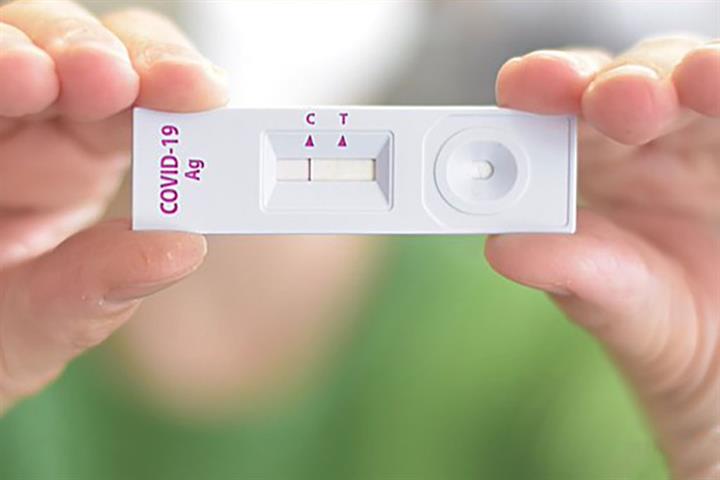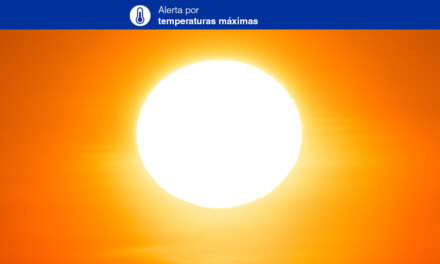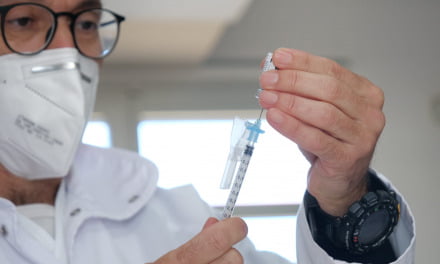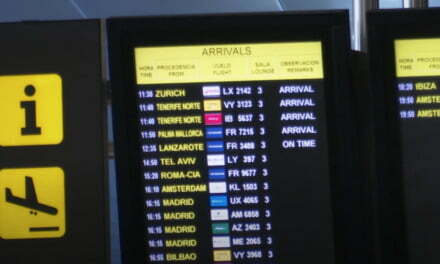The validity of the antigen detection tests required to enter Spain has been reduced, from this Tuesday, to 24 hours rather than the 48 hour period that had been allowed until now, according to the Moncloa, referring to the official State Gazette published this Tuesday.
The resolution by the General Directorate of Health, regarding sanitary controls required at the entry points to Spain, highlights the decision as the result of a recommendation from the European Union in this regard.
Until now, antigen detection test certificates obtained within 48 hours prior to arrival into Spain were accepted as valid.
The diagnostic test certificate must include, at least, the following information:
- Name and surname of the holder,
- date of sample collection,
- type of test performed
- and issuing country.
“As of today, 1 February, and in line with Council Recommendation (EU) 2022/107 of 25 January 2022 on a coordinated approach to facilitate free movement during the COVID-19 pandemic, which replaces Recommendation (EU) 2020/1475, only negative results of antigen tests for SARS-CoV-2 infection obtained within 24 hours prior to arrival in Spain will be considered valid, and not 48 hours, as was the case until now.
As stated in the aforementioned Council Recommendation (EU) 2022/107 of 25 January 2022, the wide availability of the rapid antigen tests included in the common list agreed by the Health Safety Committee justifies establishing this validity period of no more than 24 hours for these tests.
On the other hand, and as has been the case to date, certificates of diagnostic tests for an active COVID-19 infection with a negative result from molecular nucleic acid amplification tests (NAAT), whose sample has been obtained within 72 hours prior to arrival in Spain, will continue to be considered as valid.
In any case, the diagnostic test certificate shall include at least the name and surname of the holder, the date the sample was taken, the type of test performed and the issuing country.”
Non official translation
The Canary Islands all remain on Alert Levels 3 or 4 right now, with legal restrictions limited to checking certificates at bars and restaurants, though as infection rates continue to drop, along with new admissions to hospitals, everything is expected to significantly relax as we head into spring time.
There are many who have mixed opinions about certificates and vaccinations, though on the whole most businesses are grateful for the opportunity to get back to business and do what Gran Canaria does best: hospitality and memories for a lifetime.










